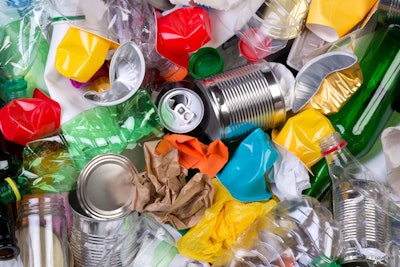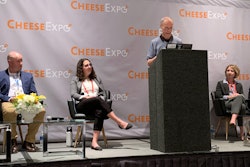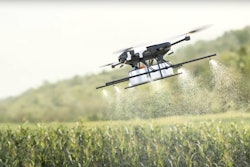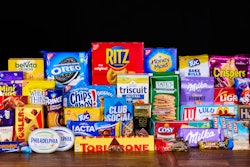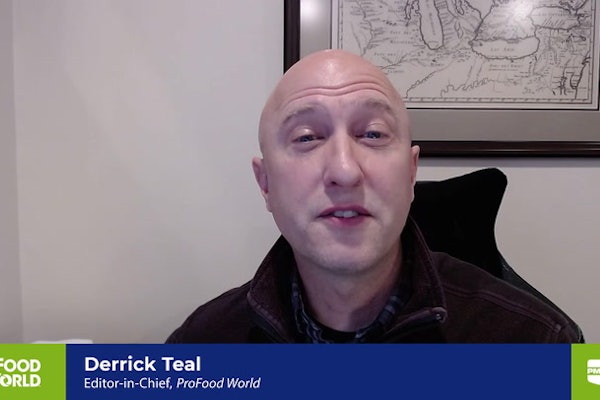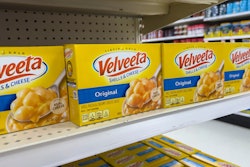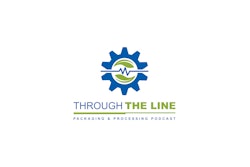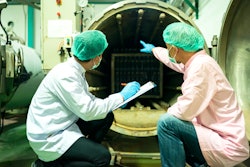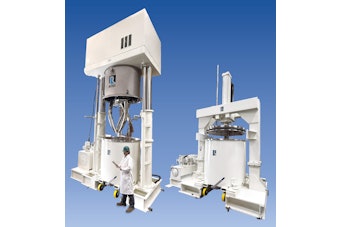On April 24, 2024, the EU Parliament adopted major new measures to make packaging more sustainable and reduce packaging waste in the EU. The rules, which have been provisionally agreed on with the Council, include packaging reduction targets (5% by 2030, 10% by 2035, and 15% by 2040) and require EU countries to reduce, in particular, the amount of plastic packaging waste. To reduce unnecessary packaging, a maximum empty space ratio of 50% is set for group transport and e-commerce packaging; manufacturers and importers will also have to ensure that the weight and volume of packaging are minimized.
“For the first time in an environmental law, the EU is setting targets to reduce packaging, regardless of the material used. The new rules foster innovation and include exemptions for micro-enterprises,” said EU rapporteur Frédérique Ries (Renew, BE).
Certain single-use plastic packaging types will be banned starting Jan. 1, 2030. These include packaging for unprocessed fresh fruit and vegetables, packaging for foods and beverages filled and consumed in cafés and restaurants, individual portions (e.g., condiments, sauces, creamer, or sugar), accommodation miniature packaging for toiletry products and very lightweight plastic carrier bags (below 15 microns).
The text includes a ban on using per- and polyfluorinated alkyl substances (PFAS) above certain thresholds in food-contact packaging to prevent adverse health effects.
“The ban on forever chemicals in food packaging is a great victory for the health of European consumers,” said Ries. “We now call on all industrial sectors, EU countries, and consumers to play their part in the fight against excess packaging.”
Encourage reuse and refill options for consumers
Specific 2030 reuse targets are foreseen for alcoholic and non-alcoholic beverage packaging (except milk, wine, aromatized wine, and spirits), transport and sales packaging, and grouped packaging. Member states may grant a five-year derogation from these requirements under certain conditions.
Final distributors of beverages and takeout food will have to offer consumers the option of bringing their own containers. They will also be required to endeavor to offer 10% of products in reusable packaging by 2030.
Recyclable packaging, better waste collection and recycling
Under the new rules, all packaging (except for lightweight wood, cork, textile, rubber, ceramic, porcelain, and wax) will have to be recyclable by fulfilling strict criteria.
Measures also include minimum recycled content targets for plastic packaging and minimum recycling targets by weight of packaging waste.
By 2029, 90% of single-use plastic and metal beverage containers (up to three liters) will have to be collected separately (via deposit-return systems or other solutions to meet the collection target).
The regulation, which aims to tackle constantly growing waste, harmonize internal market rules, and boost the circular economy, was approved with 476 votes in favor, 129 against, and 24 abstentions.
In 2018, packaging generated a turnover of EUR 355 billion in the EU. It is an ever-increasing source of waste, with the EU total having increased from 66 million tonnes in 2009 to 84 million tonnes in 2021. Each European generated 188.7 kg of packaging waste in 2021, a figure that is expected to increase to 209 kg in 2030 without additional measures.
In adopting this legislation, Parliament is responding to citizens’ expectations to build a circular economy, avoid waste, phase out non-sustainable packaging, and tackle the use of single-use plastic packaging, as expressed in proposals 5(1), 5(3), 5(4), 5(5), 11(1), 11(4), and 20(3) of the conclusions of the Conference on the Future of Europe.
